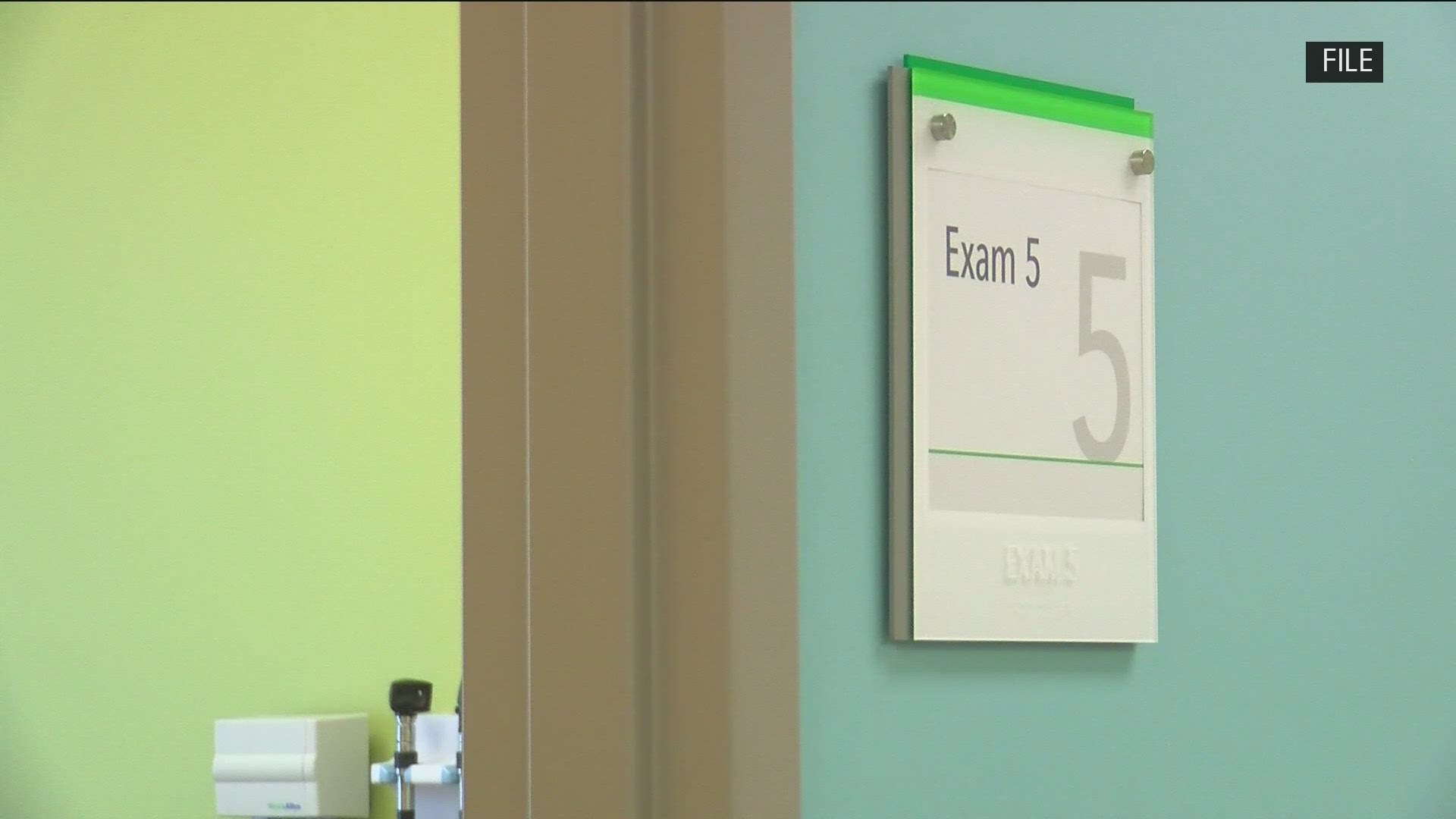TOLEDO, Ohio — Artificial intelligence is a growing tool at the disposal of many industries, including healthcare.
ProMedica in Toledo said while there are benefits to how they are implementing AI, there are also some concerns.
AI in healthcare can be used to identify patterns and make predictions and that creates privacy concerns for patients in terms of medical history, family history and lab tests.
Dr. Brian Miller, the chief medical information officer with ProMedica, said the biggest issue with AI and healthcare is how quickly the tech is being adopted.
He said the healthcare provider is working to ensure the best for the patient.
"We've adopted a fast-follower attitude toward this," Miller said. "We vigilantly monitor the cutting edge of technology, but we only deliberately implement and roll out the tools that are out there long enough to have proven effectiveness, and they're safe for patients and they're sustainable and stable."
Miller said the next thing in AI is called ambient dictation. The process includes a microphone connected to a computer which gathers the patient's data in real time during an appointment, allowing doctors to focus more on the patient.
"I can review it and vet it and it's much more efficient, and it's just as good of care," Miller said. "But our experience is much better and we're bonding, we're creating a relationship and that's important in healthcare as well. That's a really exciting one for us and that future is now. That's coming now."
Miller said there are dozens of tools in ProMedica's clinical setting that can help physicians treat patients more effectively.
"We have AI models right now that are analyzing every patient in our hospital and all the data about them minute by minute. They're helping us identify really important things like deterioration because we know that sick patients can suddenly get very sick, very fast and unexpectedly," Miller said. "They're helping us identify things like sepsis, which honestly is probably the most common worst thing that can happen to you in a hospital."
Miller said another important thing patients should know is artificial intelligence is not a replacement for the human interface.
"We still have people that need to be doing this work and it's just a tool to help them be more efficient," Miller said. "Move away from the clerical and the menial tasks and the repetitive tasks, and can be more interactive and engage with our patients in a more meaningful way."
Miller said ProMedica has tools that help healthcare workers predict when a patient might not show up for a visit which can help break that pattern as well.

